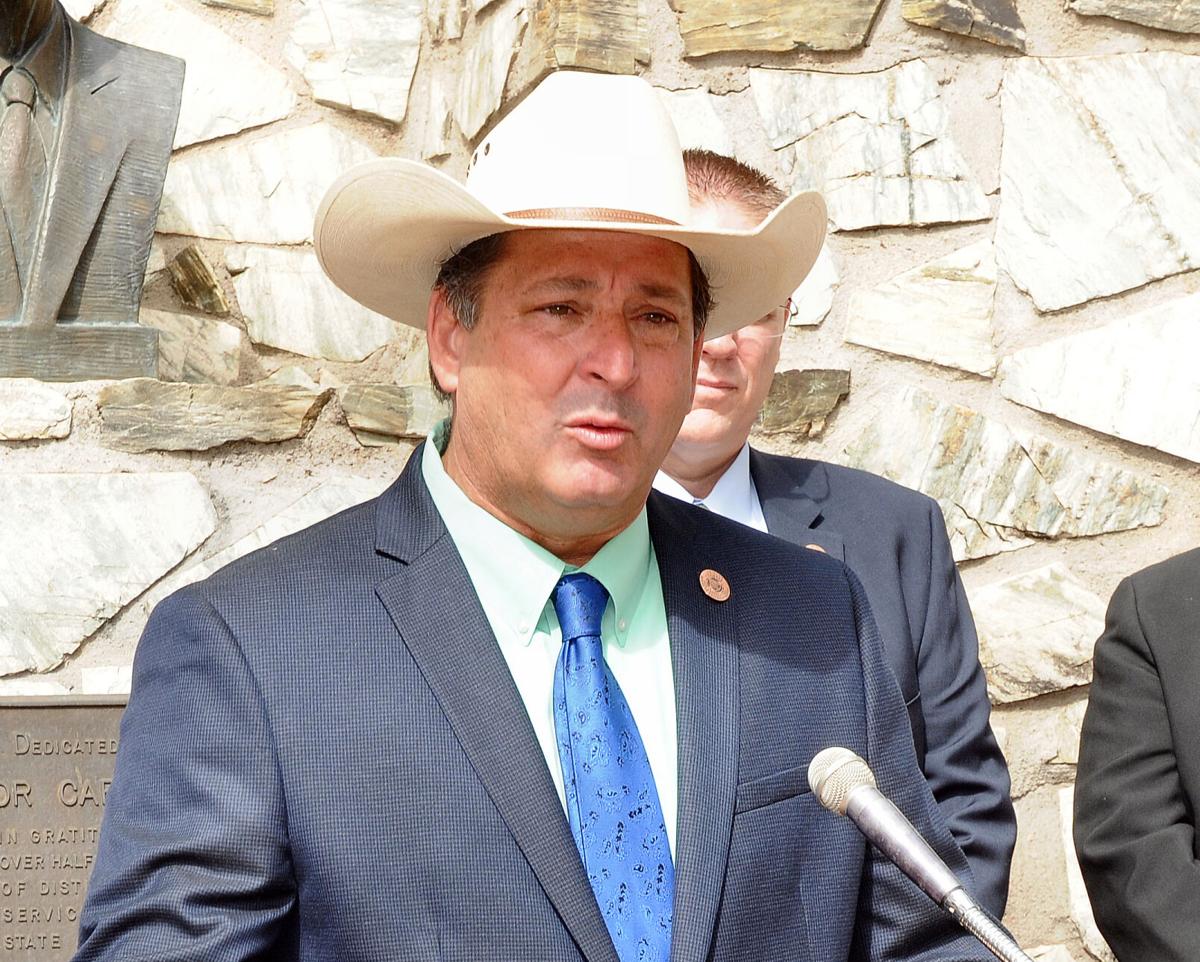PHOENIX — The way David Cook sees it, once you have been elected to office you should not have to be bothered gathering signatures on nominating petitions for your reelection.
The Republican state representative from Globe is proposing that incumbents have an alternate option for getting their names back on the ballot: Pay a $250 fee that would go into the state treasury.
HB 2581 won’t help Cook. He’s leaving the legislature at the end of the session.
But Cook told Capitol Media Services there is no real need for the biennial signature chase for lawmakers.
He said petitions make sense for someone running for the first time. Cook said getting the necessary signatures, which have to be at least one-half of a percent of the registered voters in the district — perhaps in the 300 to 700 range — shows that the candidate and his or her positions has at least some basic level of support to put the name on the ballot.
All that changes, Cook said, once someone wins.
“You have the support, you’ve won the election,” he said. At that point, Cook said, there’s no need to go through the same process every two years.
And if someone does a bad job, Cook said voters have options.
One is the recall process, though just calling a special election requires a nearly impossible signatures equal to 25% of the people who voted in the last election. That’s why there’s been only one in the past 40 years.
And then there’s the fact people have to stand for reelection.
“If you’re not doing a good job, you’re voted out of office,” Cook said.
But Cook acknowledged there’s a more practical reason he wants to allow incumbents to buy their way back onto to the ballot: time.
It starts, he said, with the fact that nominating petitions are due in early April, when the legislature is still in session. And Cook said weekends often are spent just taking care of business.
“I thought we were a citizen legislature,” he said, paid $24,000 a year with the premise that most lawmakers have other jobs to which they need to tend.
“You’re down there doing the job all week,” Cook said. “And then you’ve got your career that actually pays your bills and your mortgage and your car payments.”
For Cook, that’s being a rancher.
And he said the legislature isn’t just a January through April, May or June thing.
“Even when you’re out of session you continue to meet with those people and work on that stuff,” Cook said.
There are other options.
One is hiring paid circulators. Cook said, though, the price can be as high as $10 per signature.
The other involves volunteers. But Cook said that depends on supporters having the time to go out and collect names on petitions.
No date has been set for a hearing.





